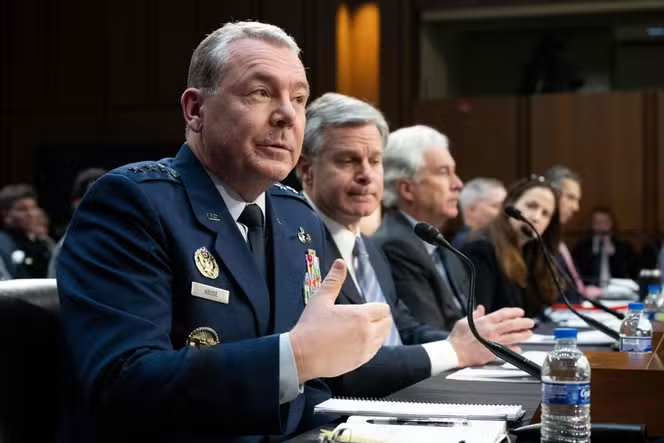On August 22, 2025, the Pentagon dismissed Air Force Lt. Gen. Jeffrey Kruse, the director of the Defense Intelligence Agency (DIA), following a preliminary report by the agency that contradicted President Donald Trump’s claim that U.S. military strikes had “obliterated” Iran’s nuclear sites. The firing, confirmed by a senior defense official and Senator Mark Warner, marks another high-profile removal of a senior military official since Trump’s return to office.
Background on the Firing
General Kruse, a 34-year Air Force veteran with extensive experience in intelligence roles, was let go after the DIA’s June assessment suggested that U.S. strikes on Iran’s nuclear facilities only set back Tehran’s nuclear program by a few months. This finding clashed with Trump’s public statement that the sites were “totally obliterated.” The report, labeled as “low confidence” due to its early timing, sparked backlash from the White House, which pushed for a narrative of a more successful operation.
The Pentagon provided no official reason for Kruse’s dismissal, though congressional officials were told it was due to a “loss of confidence.” This vague phrase is often used by the military to cover various reasons for removing senior officers. Kruse’s firing is part of a broader pattern under Defense Secretary Pete Hegseth, who also recently dismissed Vice Adm. Nancy Lacore, chief of the Navy Reserve, and Rear Adm. Jamie Sands, a Navy SEAL officer overseeing Naval Special Warfare Command.
Political and Operational Context
The DIA is responsible for gathering intelligence on foreign militaries, including their size, location, and capabilities, to support Pentagon planners and combatant commands. Kruse’s removal has raised concerns about the politicization of intelligence. Senator Warner, the senior Democrat on the Senate Intelligence Committee, criticized the Trump administration for treating intelligence as a “loyalty test” rather than a tool for national security. He emphasized that Kruse’s firing undermines the need for honest, fact-based analysis, stating, “When expertise is cast aside and intelligence is distorted or silenced, our adversaries gain the upper hand.”
The Trump administration’s frustration with the DIA extends beyond the Iran report. Some officials have criticized the agency for its size and slow progress on projects like MARS, a database tool meant to streamline intelligence management. Others have questioned the DIA’s role, describing it as a catch-all for missions other military branches’ intelligence units do not prioritize. Additionally, Kruse’s appointment under the Biden administration made him a target for replacement, as some Trump officials aim to remove military leaders selected by the previous administration.
Broader Implications
Kruse’s dismissal follows the ousting of other senior officials, including the head of the National Security Agency and the chairman of the Joint Chiefs of Staff, under Hegseth’s leadership. The rapid turnover of experienced leaders has sparked concerns about stability in the Pentagon’s intelligence and operational branches. Christine Bordine, the DIA’s deputy director, will serve as acting director until a Senate-approved replacement is named.
The firing has drawn attention to tensions between the Trump administration and the intelligence community. Former officials noted that Kruse had been under scrutiny since early in Trump’s second term, particularly after a visit from members of Elon Musk’s government efficiency team, who criticized the DIA as bloated and unfocused.
Conclusion
The removal of General Kruse highlights ongoing challenges in balancing independent intelligence assessments with political expectations. As Senator Warner warned, prioritizing loyalty over expertise risks weakening national security. With no clear successor named, the DIA faces uncertainty as it navigates its critical role in providing unbiased intelligence to safeguard the nation.
